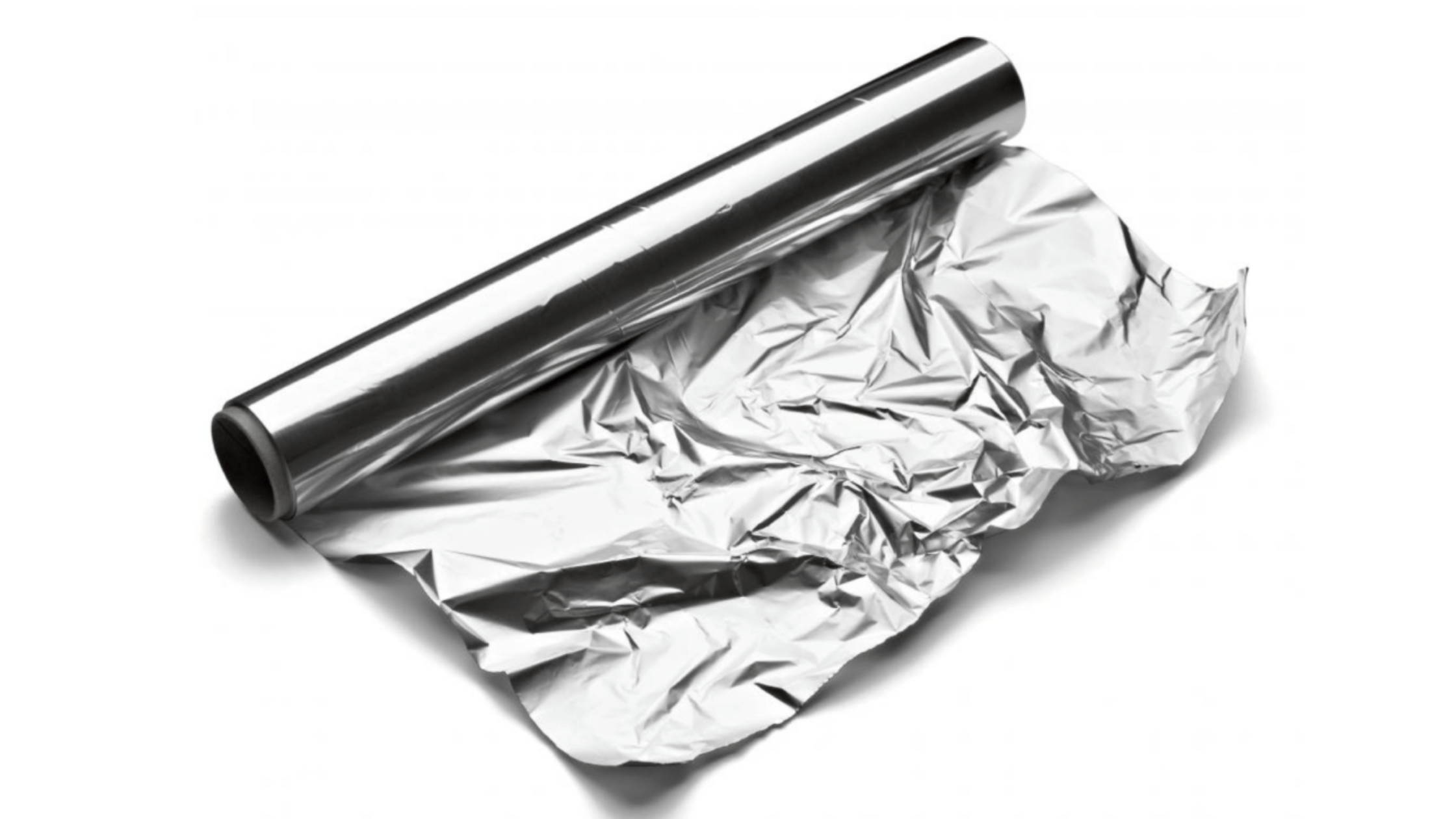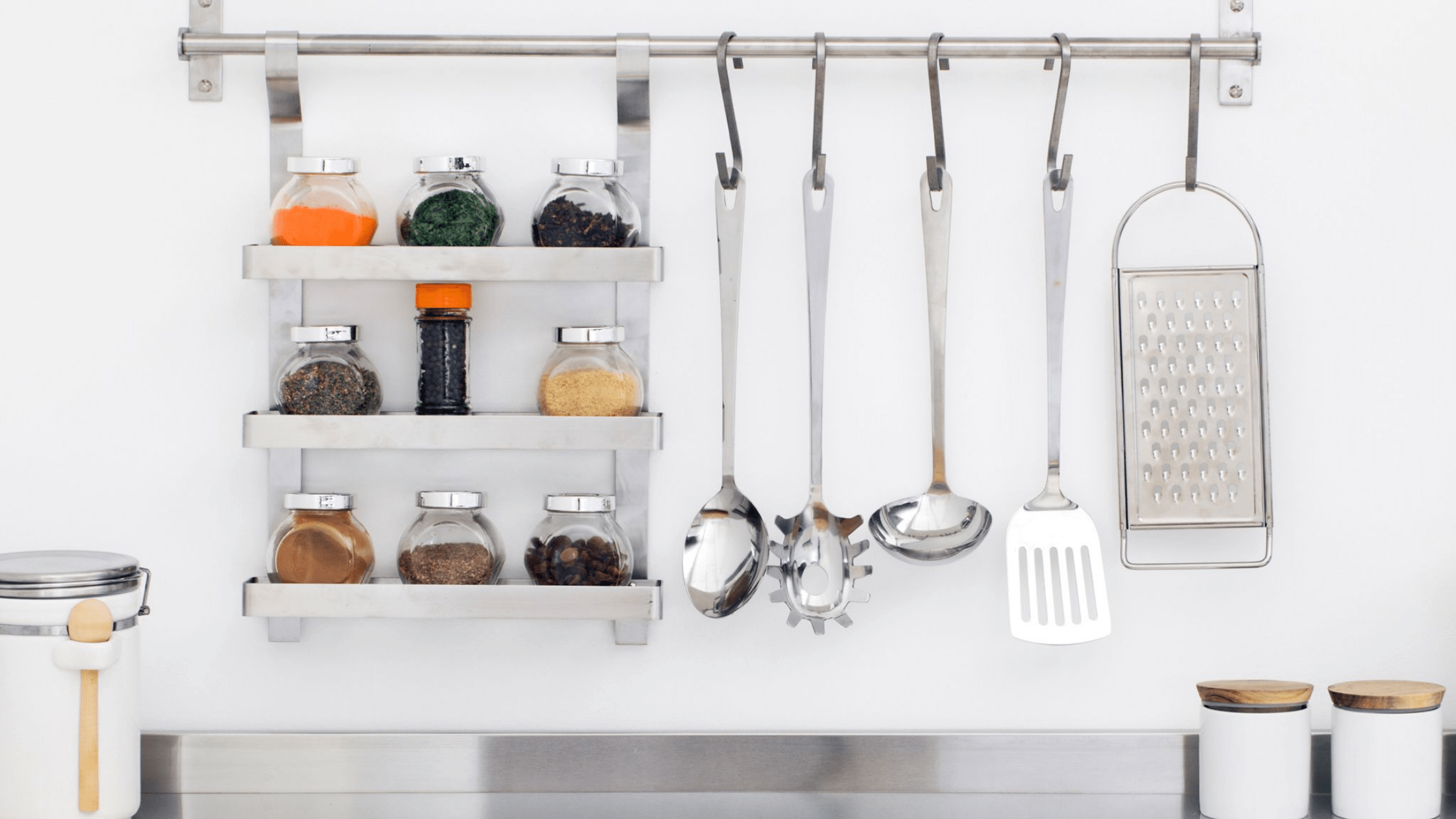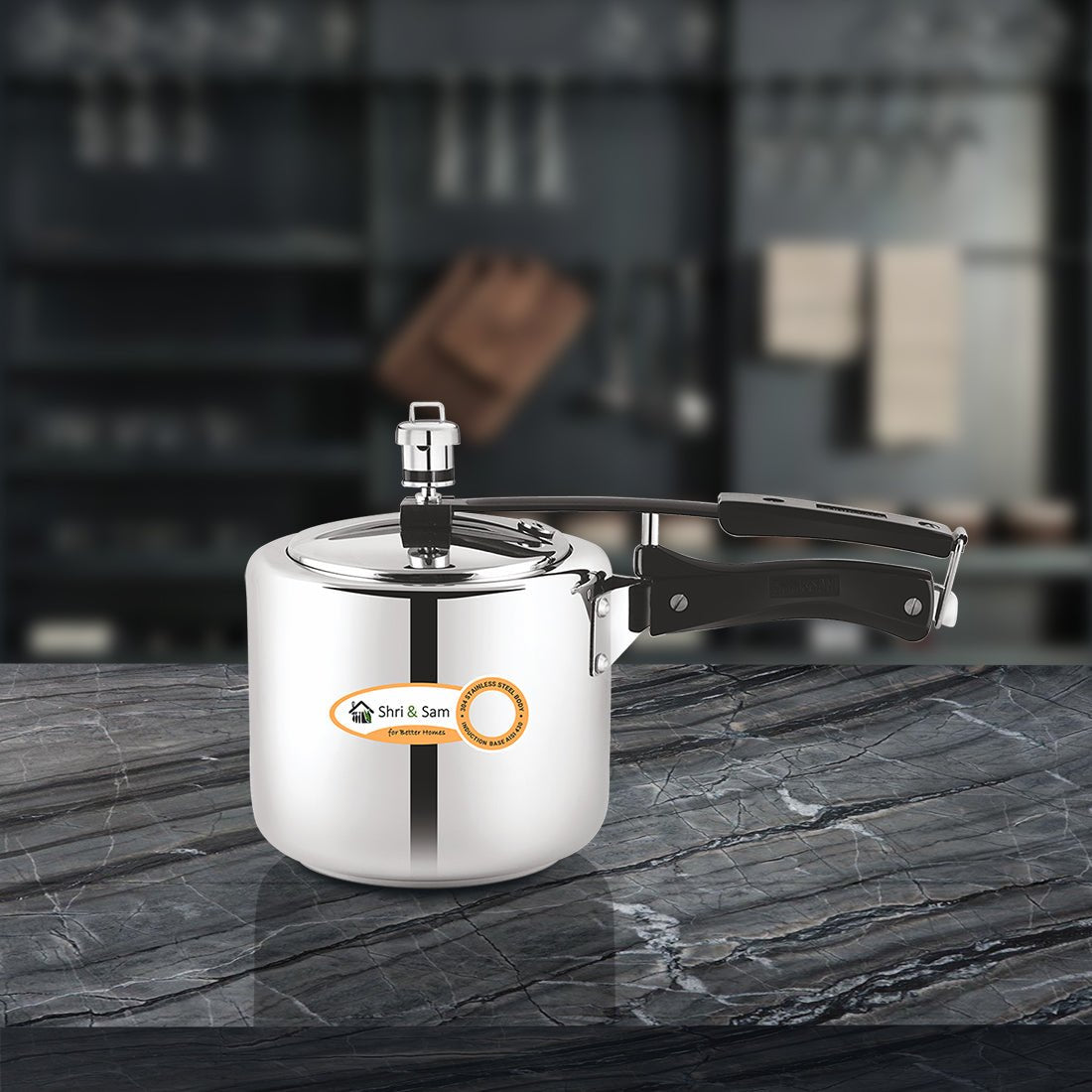
Is aluminium foil a better heat conductor than metal?
Aluminium foil is thin, very malleable and is not easy to dent. It can be shaped into containers for cooking food with good results, but it would melt at high temperatures and cannot be used in ovens or hot plates. An individual needs to understand all about aluminium, when it is OK to use it, and when to avoid it.
Advantages of using aluminium over other metals
Following are some of the advantages of using aluminium which makes it a perfect choice;
- It does not react with many chemicals, which makes it ideal when protecting silverware during picnics.
- Aluminium also conducts heat moderately well; however, its conductivity pales compared to copper or iron, which are better conductors of heat than aluminium foil.
- In terms of traditional heat transfer thermal conductivity, aluminium foil is a better heat conductor than metal. Heat transfers from one molecule to another when they collide until the whole material reaches the same temperature level. Suppose two objects are in close contact with each other and there is a difference in temperature between them. In that case, energy will flow from the hotter object to the colder object until both reach equilibrium. In this process, heat energy is transferred by conduction, convection or radiation through a medium such as air or water.
Thermal resistivity
The higher the thermal conductivity of a material is, the greater capacity it has to absorb and spread out the heat. The amount of time it takes for an object to reach its designated temperature depends on the material's resistance to temperature change. This property is known as thermal resistivity, and it affects how rapidly heat can move within a material. Since aluminium foil has high thermal conductivity, heat energy moves through it quickly.
Low bulk resistance
Aluminium has low bulk resistance and low interatomic forces of attraction between its atoms. These types of properties make aluminium an efficient heat conductor. A metal such as iron or copper would also be considered a good conductor because both possess well electrical and thermal conductivities. However, metals such as silver and gold
are even better than these because they have the highest thermal conductivity of all elements in solid-state
Disadvantages of using aluminium
- Aluminium foil is used for cooking food in the oven; however, it affects how quickly and evenly the food cooks. While aluminium foil may be efficient in the range, it is not a good heat conductor.
- Even though it is shiny and reflects light well, aluminium is not a good reflector. For one thing, this "shiny" surface scatters energy so much that only about 12% reaches your pot or pan, with most of the rest being reflected away from where you want it. So instead of reflecting off of your food into the center, it reflects off of the aluminium and around your cooking utensil. The only way to properly use aluminium foil as a heat conductor would be to line the inside of an oven with it, which would limit how much light could enter and cook your food adequately. It would also cost a significant amount of money more than using traditional metal pans for this purpose.
In summary
Aluminium foil is not a better or appreciably different heat conductor than any other metal. However, it makes a nice shiny reflective surface when you are baking things in the oven. However, one should note that it comes at the expense of the energy levels reaching your food, instead of being reflected away from where you want them.



Leave a comment
This site is protected by hCaptcha and the hCaptcha Privacy Policy and Terms of Service apply.